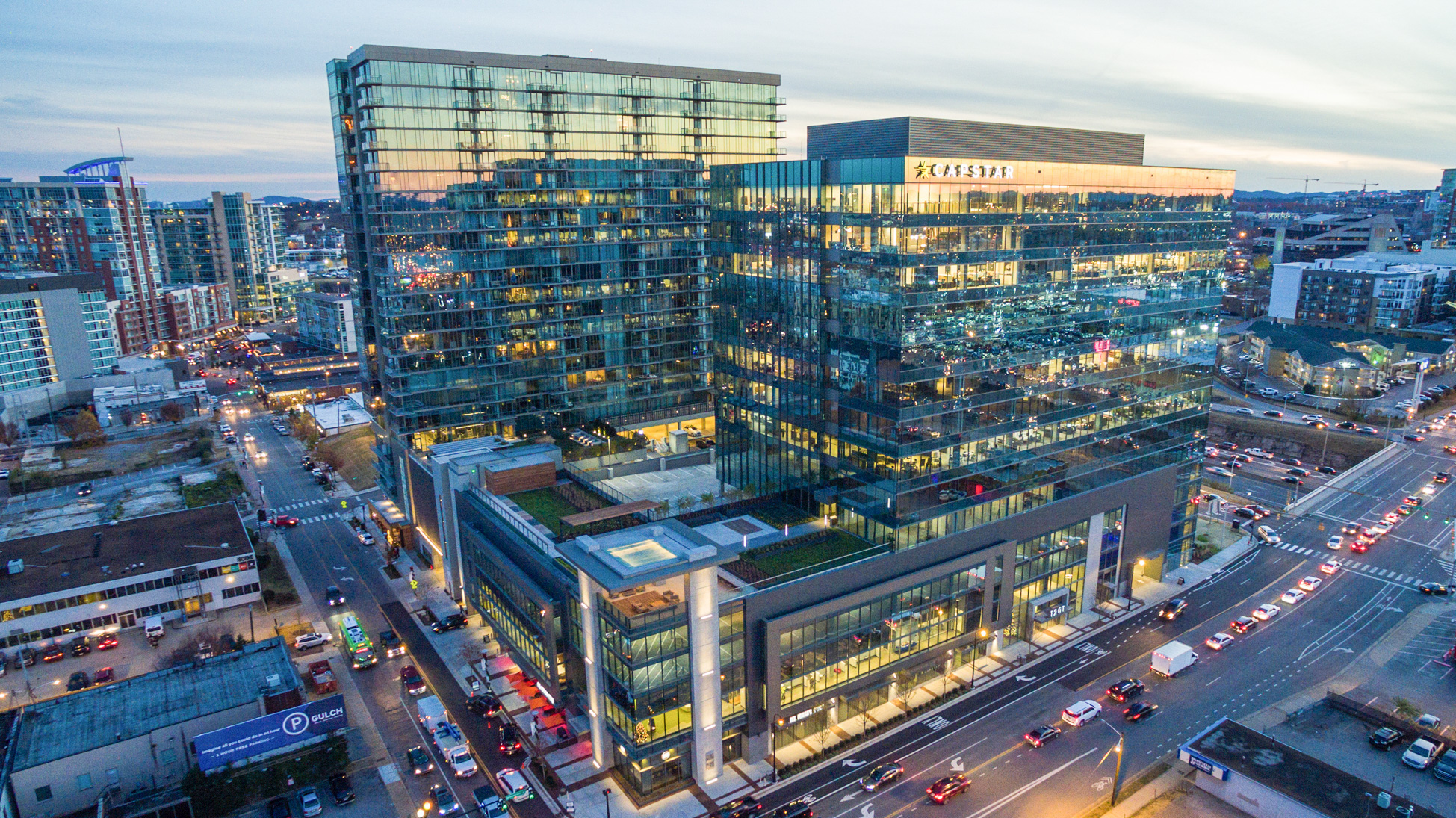As the sports and entertainment industries race to adjust to an ever-evolving COVID-19 pandemic, a new and uncertain future lies ahead. The business model around which the music industry revolves—live shows with hundreds to thousands of fans attending, has been, in a word, rocked. The trickle-down impact from show cancellations is more like an open spout as the impact spreads from musicians and performers, to venue owners, promoters, ticket servicers, vendors and more. It is unclear when crowds will be allowed back into the arenas and venues across the country for live shows and, when it does happen, what it will look like. What is clear is that the scope of liability for all stakeholders in the music industry has morphed and expanded. A wheel that may not stop for some time. For performers and industry players alike, the there are several mechanisms that must be in place to ensure one is adequately shielded from liability. These mechanisms will require greater breadth and flexibility to meet and anticipate the shifting COVID-19 landscape.
Contractually, several provisions require special attention to ensure any party contracting for services directly related to or tangential to a live music event is not overly exposed. Force majeure provisions will relieve a party of liability due to non-performance due to circumstances beyond the party’s control. The COVID-19 pandemic can obviously fall into this category, but for more than one reason. First, due to the biological aspect of the virus itself. Second, due to government rules and regulations in place as a response. A force majeure clause tailored to address both circumstances should be in place. Another element of the drafter’s analysis should be the consideration of the venue and what state or local restrictions may be in place. Generally, force majeure clauses are interpreted narrowly. Therefore, many promotors are now including specific “pandemic” clauses into live music contracts.
Other important clauses which most agreements have include representations and warranties, performance thresholds, grace periods, notice obligations, remedies, and arbitration and enforcement rights. Each of these clauses should be reviewed carefully prior to a final agreement and especially with the COVID-19 pandemic in mind.
Consider this, Rolling Stone Magazine recently published an article containing a leaked memorandum from Live Nation, one of the industry’s largest live events companies, to talent agencies proposing changes to future agreements to address the COVID-19 landscape. (https://www.rollingstone.com/pro/news/live-nation-memo-pay-cuts-covid-1016989/) The memo proposes a 20% reduction in artist guarantees and a live show streaming requirement, among others. Most relevant to this discussion is the force majeure proposal which states if an artist’s performance is cancelled due to a “…pandemic similar to COVID-19…” the promoter will not pay the artist its fee. Another proposal stipulates that if a promoter, either due the orders of the venue or a governmental entity, is not permitted to use the full capacity of the venue, then the promoter may terminate the agreement, and artist will refund any money already paid. Many artists have expressed their frustrations with these proposed changes. Live Nation has stated it is not reducing the fees paid to artists to play festivals in 2021. Industry insiders have claimed that these demands were just part of an early document meant to outline potential changes. In either case, there will likely be substantial changes to the touring industry going forward.
Live Nation is currently booking next year’s festivals and considering potential contingency plans with the uncertainty of the pandemic on everyone’s mind. Some of the considerations include reduced capacities, increased health and safety protocols, and the ability to be flexible in scheduling with potential cancellations.
There is no doubt that cancellations will remain a serious issue, which is why performers and other parties should have cancellation insurance policies in place, another necessary mechanism to mitigate exposure of loss. The prudent policy holder will make sure coverage is in place for business disruption, event cancellation, liability, and travel along with others. A thorough look at the policy is a must.
Another consideration for artists, promoters, producers, and venues is compliance with relevant OSHA guidelines. Employers have a general duty to provide a safe and healthy work environment. Failure to comply may trigger clauses in contracts between parties and insurance policies, as well as open the door to potential COVID-19 derived liability lawsuits.
The legal and business worlds are evolving to anticipate the post-COVID-19 landscape. As restrictions loosen around the country and live events appear on the horizon, it is necessary for all sides to ensure mechanisms are in place to guard against loss and mitigate exposure. Consult with your legal experts to ensure you are taking appropriate measures.
If you have questions or concerns about Entertainment related legal issues, please contact Josh Wilson at 615-742-9313 or jwilson@manierherod.com.
Required Disclosure. This article is for general, educational purposes and is not intended to be legal advice. Seek separate legal advice on any specific questions. The legal analysis of your specific issue depends on the facts which might alter, or completely change, what you will read below.

